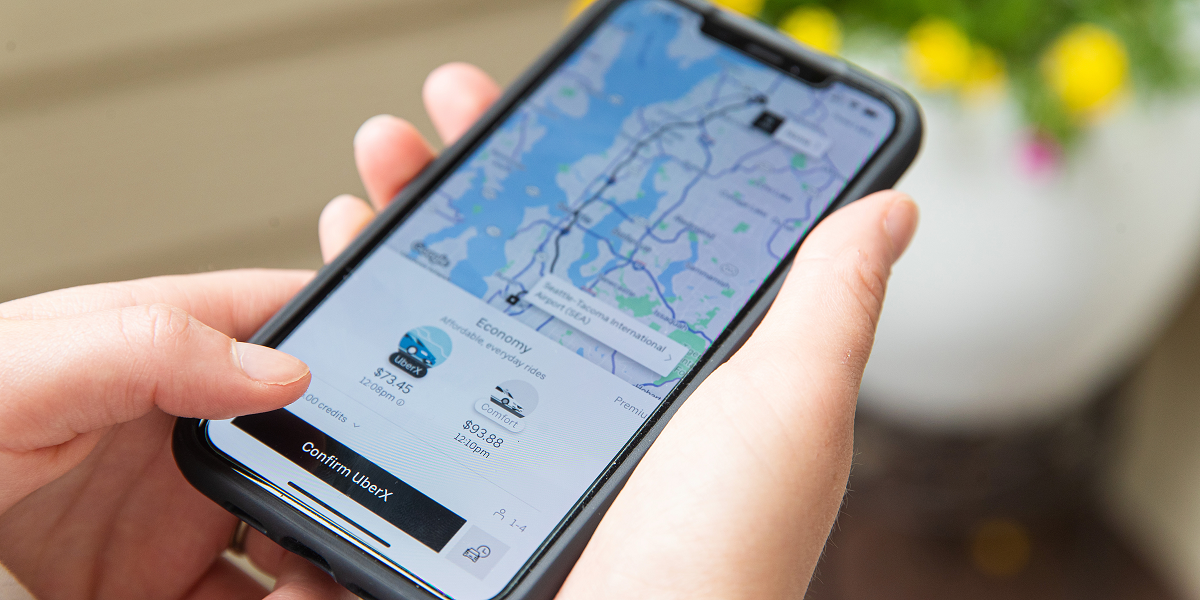Posted Friday 19th February 2021
The Supreme Court has ruled on whether Uber drivers are workers or purely self employed. For the purposes of ERA 1996 230(3)(b), are the drivers regarded as working under contracts where they undertook to perform services for Uber London? Or, as Uber contested, are they performing services solely for and under contracts made with passengers through the agency of Uber London?

Uber argued that the contract is ultimately created between the driver and passenger, to which no Uber entity is a party, and that previous decisions were wrong given that they disregarded the “clear and unambiguous terms” of the relevant written agreements.
The Supreme Court upheld the Employment Tribunals’ decision: drivers are to be classed as workers with access to rights including the national minimum wage and paid annual leave.
Compensation due to workers in this respect will be determined by the Employment Tribunal.
Obviously there are big implications for operators in various sectors, not just drivers.
Key points from the Supreme Court:
1. Legislation and contracting out: Provisions in Uber’s Services Agreement that appear to preclude a driver from claiming workers’ statutory rights are void, and the agreement(s) are not the “appropriate starting point” in determining worker status. Referring to Autoclenz:- “the primary question was one of statutory interpretation, not contractual interpretation”. They also address the relative bargaining power of the parties here, acknowledging that there was no possibility of negotiating terms and many drivers would not have understood the legal significance of the Services Agreement when signing.
2. Status of Claimants: SC referred to previous ET justification that whilst the drivers are free to choose when and where they work, they were in fact working for and under contracts with Uber during such working hours. They emphasised five key points: drivers have no say in remuneration, the contractual terms are dictated by Uber, their choice as to accepting work when logged in is constrained by Uber (including penalties for low acceptance rates), Uber has a significant degree of control over delivery of services and communication between driver and passenger is largely restricted by Uber.
3. Working Time: SC found that tribunal was entitled to conclude that drivers came within the definition of “worker” by logging into the app. The judgement does state that the third criteria given by the tribunal that the driver is “ready and willing to accept trips” should not be considered as essential to the existence of the worker’s contract, but accepts that the tribunal did not assert this and that it is reasonable to treat this as a condition as to whether or not they are specifically working at that time.
In this section, SC also addresses policies v practice, e.g in relation to the irreducible minimum of obligation, although Uber gives the impression that being logged off of the app is to avoid being accidentally logged in when unavailable, “it as open to the tribunal on the evidence [..] to find that this exclusion was designed to act coercively” as penalty for not accepting a minimum amount of work and that the drivers would interpret it in this way.
This article is for reference purposes only. It does not constitute legal advice and should not be relied upon as such. Specific legal advice about your specific circumstances should always be sought separately before taking or deciding not to take any action.